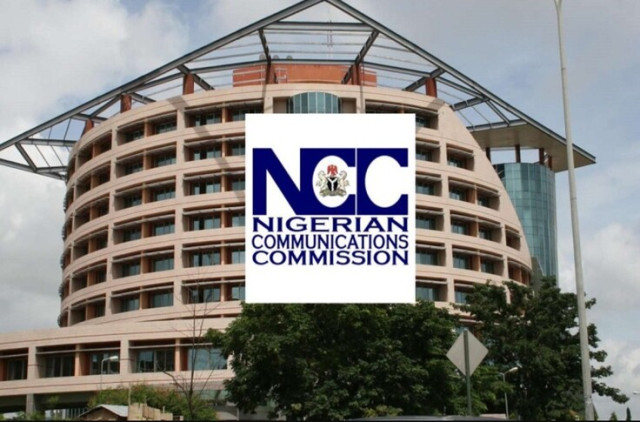The Nigerian Communications Commission (NCC) has inked a pivotal Memorandum of Understanding (MoU) with Nokia Solutions and Networks Nigeria, aimed at empowering young Nigerians with the latest 4G/5G radio and transmission technologies.
Dr. Aminu Maina, the Executive Vice Chairman of the Commission, revealed this development through a post on his X handle. He emphasized that the training sessions will take place nationwide at the Commission’s Digital Parks.
As part of the MoU, Maina highlighted that Nokia Nigeria will establish a fully operational 5G/4G test lab, capitalizing on its cutting-edge radio and transmission technologies.
"This collaboration is a significant stride towards our goal of enhancing the capacity and skill sets of Nigerians, ensuring they possess contemporary skills and knowledge necessary to navigate the rapidly evolving telecommunications industry," Maina stated.
In addition to the primary agreement, the NCC EVC outlined Nokia's commitment to establishing a training centre for 200 Nigerian students. This initiative aims to bolster digital literacy across the country.
"In alignment with the Ministry of Communications, Innovation, and Digital Economy's objective to promote digital literacy and cultivate a pool of technical talents nationwide, Nokia Nigeria will launch an Entrepreneur Learning Program. This program will deliver high-quality vocational training to 200 Nigerian students selected from all six geo-political zones," Maina added.
Through the implementation of the National Digital Economy Policy and Strategy (NDEPS), spearheaded by various government agencies including the NCC, Nigeria aspires to achieve a 90% digital literacy rate by 2030.
Discussing the digital literacy targets, Dr. Bosun Tijani, Minister of Communications, Innovation, and Digital Economy, emphasized that the initiative is not limited to youth but extends to people of all ages.
"Our aim is that by 2030, 90% of Nigerians will be digitally literate. Digital literacy equips individuals with the foundation to participate in the digital economy. We must ensure that as we progress, the majority of our population is digitally literate, leaving no one behind, irrespective of age or other factors," Dr. Tijani stated.
He stressed the importance of onboarding individuals who lack fundamental technological understanding, ensuring broad participation in the digital economy.
"We envision an economy where everyone has a genuine interest in technology and a considerable portion of the population is tech-savvy. This comprehensive approach will foster inclusive economic growth and innovation," Dr. Tijani concluded.




















